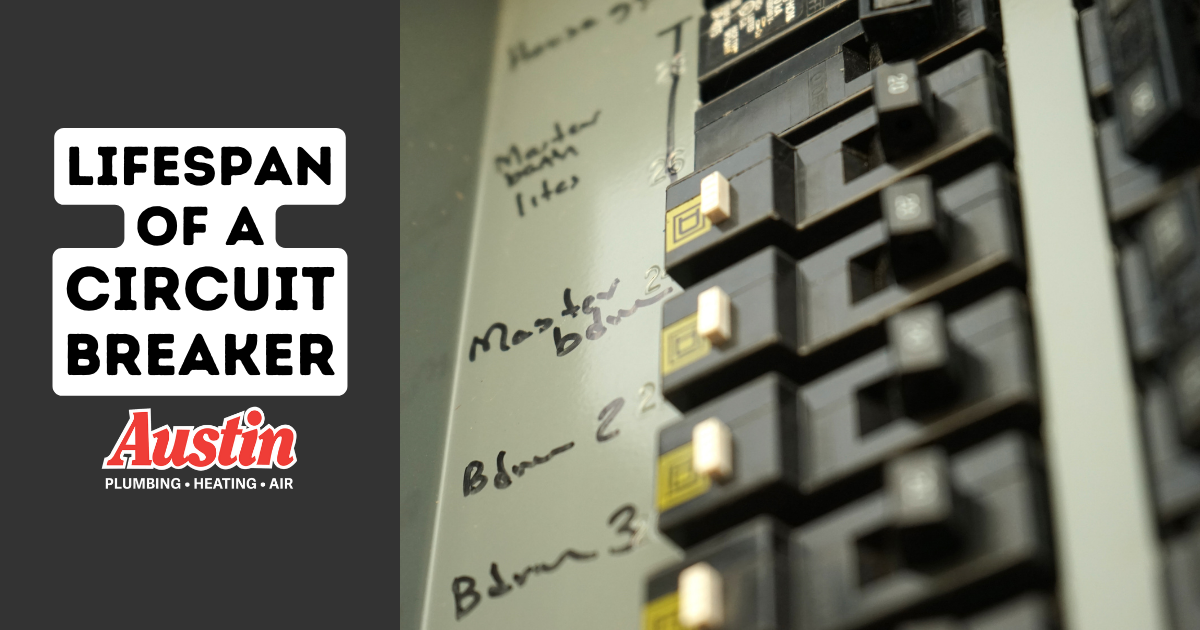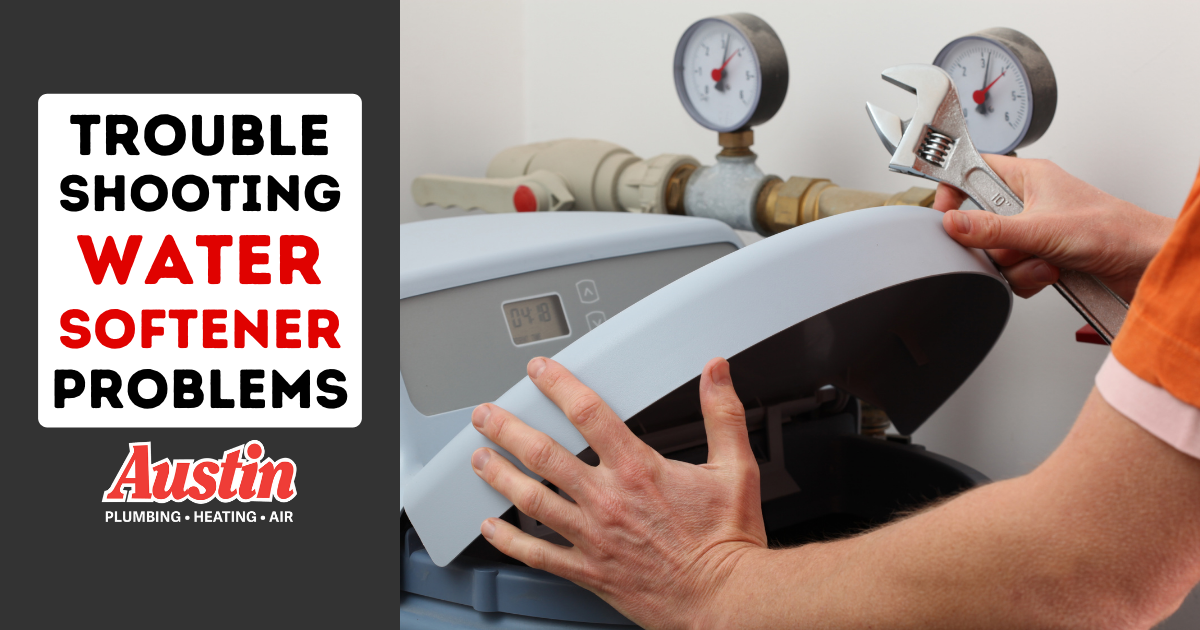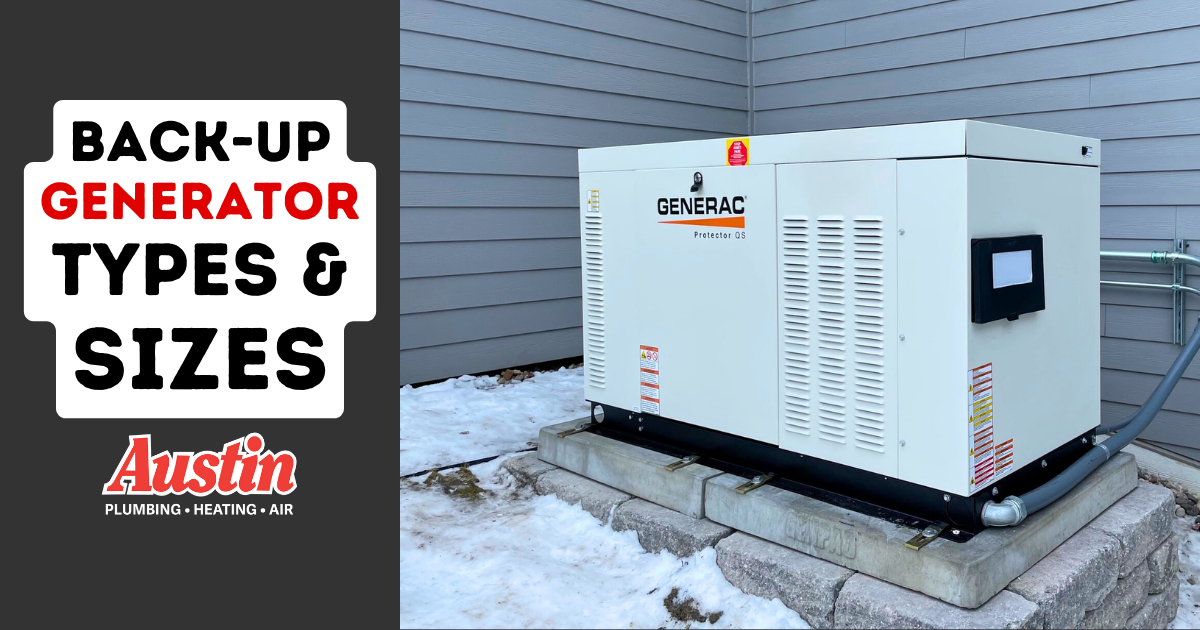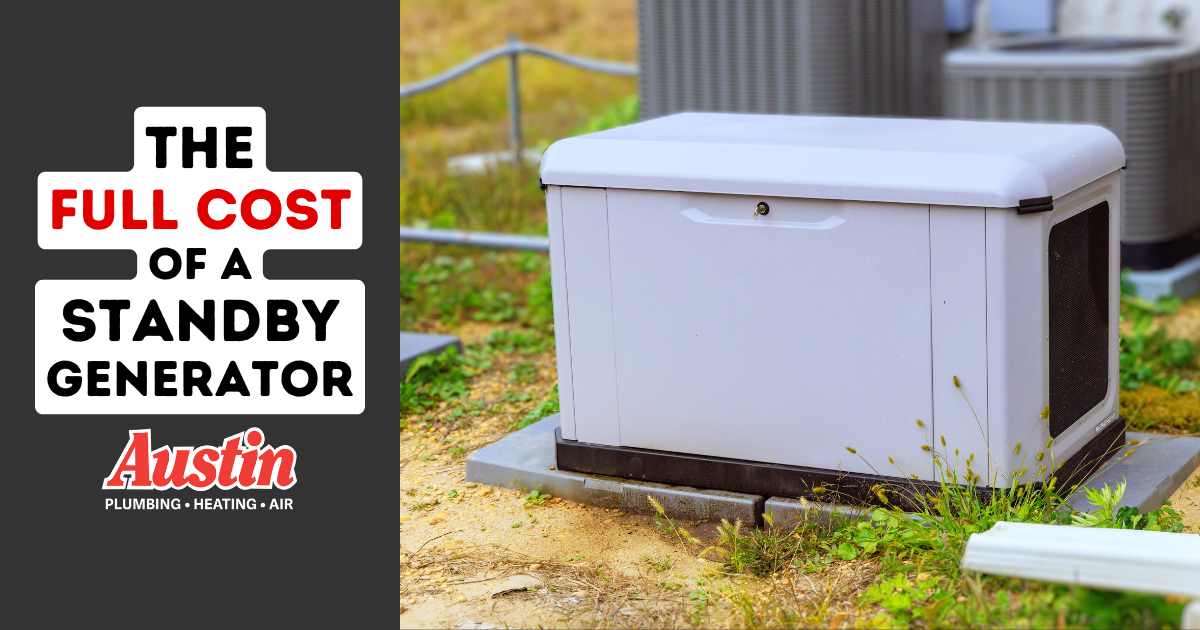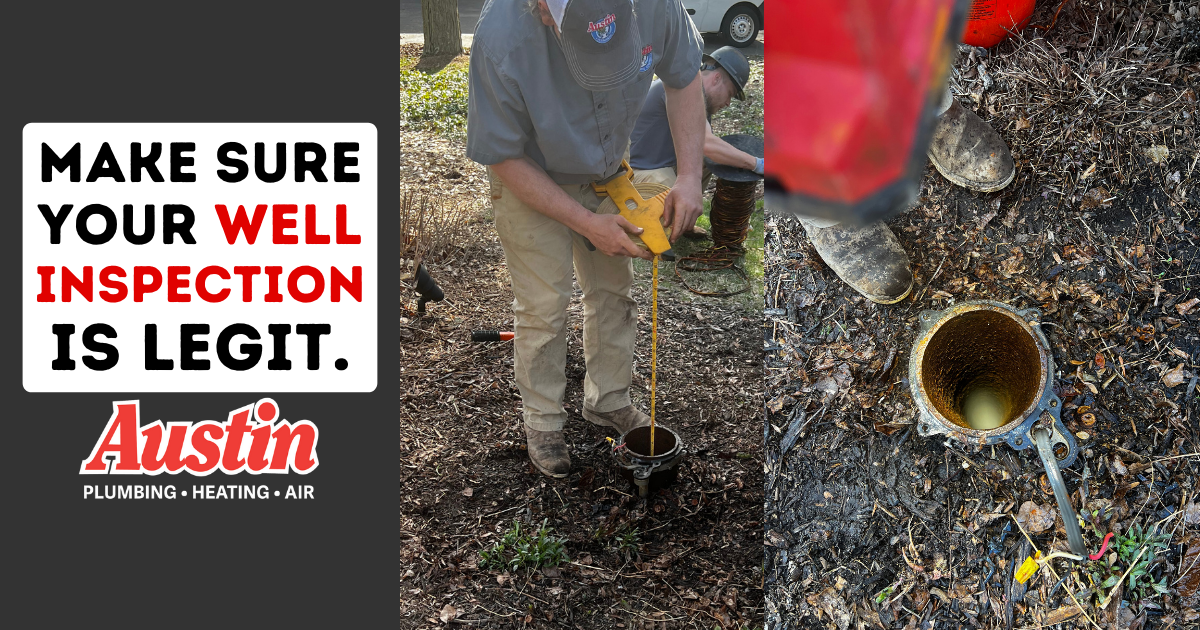Are Heat Pumps Good for Cold Climates?
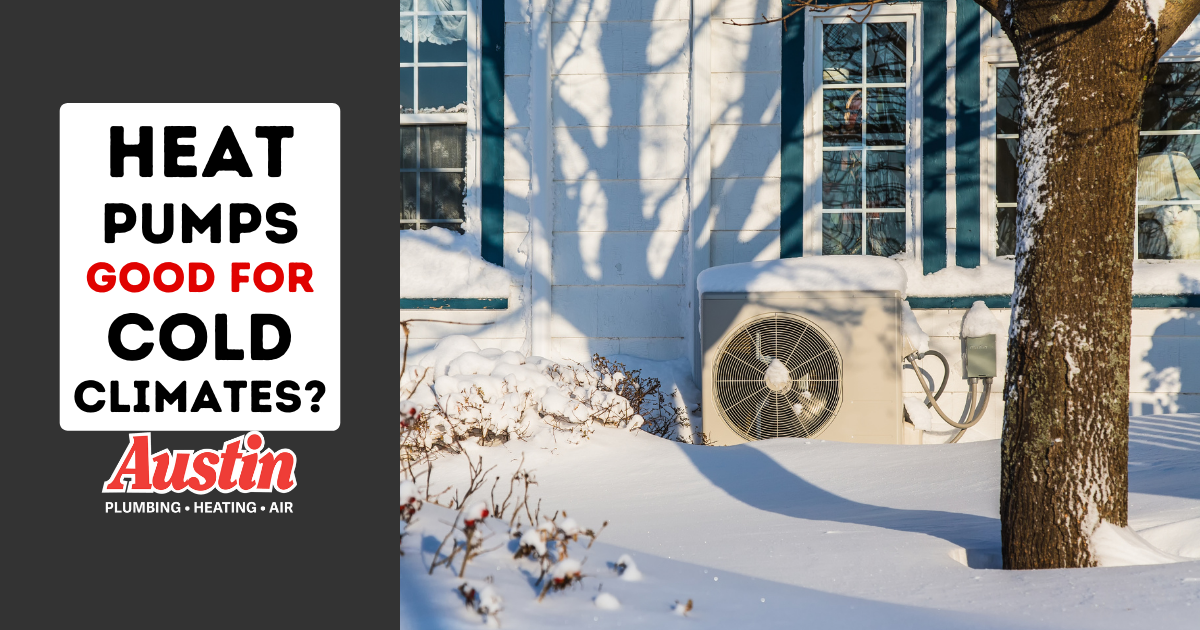
Debunking Heat Pump Myths: A Smart Choice for Wisconsin Homes
Heat pumps have emerged as a popular, energy-efficient solution for both heating and cooling in homes, and for good reason. However, misconceptions about their functionality, cost, noise levels, and suitability for smaller spaces persist. In this article, we will debunk these common myths and shed light on the numerous benefits of heat pumps, making them an attractive choice for Wisconsin homeowners. Our Master Tradesman will address the most prevalent misconceptions about heat pumps and their role as heating systems in Wisconsin homes.
The Misunderstood Past of Heat Pumps
Before we delve into debunking these myths and defending the reputation of heat pumps in Wisconsin, let’s reflect on how they received a bad reputation in the first place. The recent push to heat Wisconsin homes with heat pumps and hybrid heating systems isn’t a novel idea. In fact, back in the 70s and 80s, heat pumps were all the rage for a short while. However, they garnered a negative reputation because HVAC contractors didn’t fully comprehend how to size and install them. Both contractors and homeowners lacked a fundamental understanding of how they operated. Not to mention, the technology at the time was very basic. A lot has changed since then, with heat pumps and hybrid heating systems gaining popularity in our market for many reasons.
Debunking the Myths
Myth #1: Heat Pumps Don’t Work in Cold Weather
One of the most common misconceptions is that heat pumps are ineffective in cold weather. While it’s true that heat pump efficiency decreases in extreme cold (below zero), many new inverter heat pumps are designed to provide heating well below zero. The real question is: does it provide enough heat to keep your home comfortable? Understanding the balance between heat output and efficiency is crucial. At Austin Plumbing, Heating & Air, we know how to optimize a heat pump for comfort while still harnessing its efficiency during months when gas heat isn’t needed.
Question: Can I use a heat pump as my only heat source in Wisconsin?
Answer: Unless you are building and engineering a home to be solely heated with a heat pump, the answer is no. However, advancements in heat pump technology and milder winters in Wisconsin are extending the period during which a heat pump can effectively heat a house.
Question: So then I need a hybrid heating system?
Answer: Absolutely. A heat pump is an excellent heating solution for spring and fall months and many mild heating days in Wisconsin. However, during the deep winter months where it’s routinely well below freezing for weeks on end, a gas heating system will provide the most comfort and efficiency balance.
A system that switches between using gas heat and using heat pump heat is called a hybrid heating and cooling system and is the ultimate balance of efficiency and comfort in Wisconsin.
Myth #2: Heat Pumps Are Too Expensive
When our clients consider a heat pump, many initially think it’s an additional component to their HVAC system, assuming they need a furnace, heat pump, and an air conditioner. This is not the case and is where the misconception of heat pumps being expensive originates.
A heat pump also serves as an air conditioning system. If you’re installing a completely new replacement heating and cooling system, the investment to upgrade to a heat pump is not significantly more.
With the tax credits and utility rebates right now, the return on investment for a heat pump in Wisconsin is substantial.
Moreover, this doesn’t even consider the amount of money saved on heating bills by using the heat pump during the fall and spring months versus burning gas.
Myth #3: Heat Pumps Are Noisy
All heat pumps have a defrost cycle, which is part of their normal operation. In the past, these cycles were quite noisy, akin to a semi-truck engine braking. However, newer heat pumps switch over to the defrost cycle more quietly. While you may notice a change in the pitch, it’s important to remember that the heat pump is outside, and who is standing outside in the middle of winter anyway?
Moreover, modern installation nuances have virtually eliminated concerns regarding defrost cycle noise. It’s important to note that the noise from a heat pump was not necessarily a nuisance but more a concern for the client. The sound during defrost mode is due to the compressor running backward, creating a sound that might seem as if something is wrong with it.
How Heat Pumps Work in Wisconsin
A heat pump is a device that transfers heat from one place to another. In the summer, heat pumps cool your home by transferring heat from inside to outside. In the winter, they heat your home by transferring heat from outside to inside.
Heat pumps use a refrigerant, a special type of fluid that easily changes from a liquid to a gas and back. When the refrigerant is a liquid, it absorbs heat from the air around it. When it’s a gas, it releases heat into the surrounding air.
A heat pump consists of four main components:
- Evaporator coil: Located inside your home.
- Condenser coil: Located outside your home.
- Compressor: Pumps the refrigerant through the system.
- Expansion valve: Controls the flow of refrigerant through the system.
The refrigerant starts in the evaporator coil as a liquid, absorbing heat from the air inside your home, turning into a gas. The gas then flows through the compressor, increasing its pressure. The high-pressure gas then flows through the condenser coil, releasing heat to the air outside your home. The now-cold gas flows through the expansion valve, reducing its pressure, and goes back to the evaporator coil, restarting the cycle.
Choosing the Right Heat Pump
If you’re considering installing a heat pump in your home, there are a few essential factors to keep in mind:
- Best Heat Pump Brand: Not all HVAC manufacturers are known for their heat pump technology. When making the choice to invest in a heat pump, make sure the equipment you choose is made by a company who is known for its cold weather heat pumps.
- Choosing the Right Size: This should fall largely on the shoulders of the HVAC contractor that you hire to perform the heat pump installation because if a heat pump isn’t appropriately sized for your home, you will have trouble.
- Have Realistic Expectations: Throughout this article we have pointed out that although a heat pump is a fantastic heating system, it’s quite a bit different than a traditional gas furnace. Understanding these differences and keeping your expectations of the system realistic will lead to a positive outcome for your heat pump conversion!
- Choosing the Right Contractor: The most important factor in choosing the right heat pump is choosing the best heat pump installation team.
Benefits of Heat Pumps
So now that we have covered a few of the most common heat pump myths, let’s hit the highlights of the benefits of a heat pump system in Wisconsin. Heat pumps and hybrid heating systems are designed for long, consistent run times, ensuring a consistent and comfortable indoor temperature, regardless of external weather conditions. These systems significantly lower energy consumption, resulting in noticeable savings on heating and cooling costs. Understanding how a heat pump works and integrating them into a hybrid heating system will result in significant cost savings, enhanced comfort, and a reduced carbon footprint.
Improved Comfort
Heat pumps and hybrid heating systems are designed for long consistent run times, which really evens out the temperature inside the house and ensures a consistent and comfortable indoor temperature, regardless of external weather conditions.
Reduced Energy Bills
These systems significantly lower energy consumption, resulting in noticeable savings on heating and cooling costs. Heat pumps are a very efficient way to heat and cool your home. They can be up to 300% efficient, which means that they can produce three units of heat or cooling for every unit of electricity that they use. This makes them a great option for homeowners who are looking to save money on their energy bills.
Environmentally Friendly
Electrification of homes and the commitment to reduce our country’s carbon footprint is at the forefront of the minds of HVAC equipment manufacturers and the utility company. There is no better way to join that movement than investing in a heat pump as they are an eco-friendly choice, contributing to reduced carbon footprint compared to traditional HVAC systems.
Looking for the best heat pump contractor in Wisconsin?
As you can see, how a heat pump works and your overall satisfaction in your hybrid heating system has more to do with the design, installation and expectations of the system. When you invest in a heat pump, make sure you have the experts at Austin Plumbing, Heating & Air on your team. Want to learn more about how a heat pump may be the best choice for your new heating system? Call 262-367-3808.

